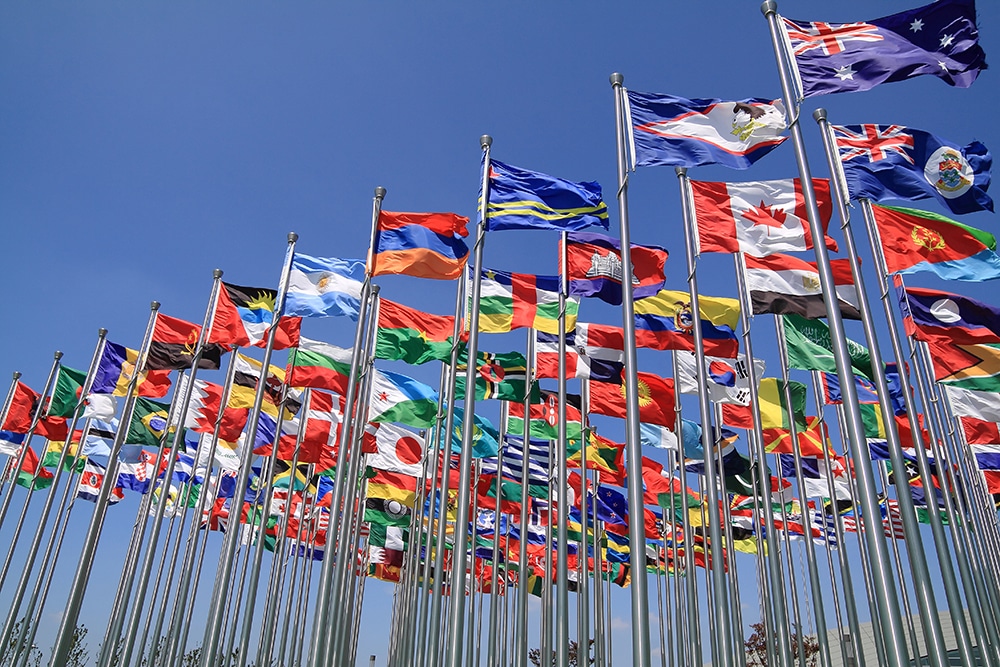US Responds to WTO, Asserts India Lacks Basis for Discussion

Amid ongoing discussions for a trade deal between India and the United States, tensions have escalated as the U.S. has rejected India’s proposal to suspend concessions in response to American tariffs on steel and aluminum. The U.S. informed the World Trade Organization (WTO) that it does not consider these tariffs as safeguard measures, which has significant implications for the trade negotiations. As both nations aim to finalize the first phase of their trade agreement by early July, the situation remains critical.
U.S. Response to India’s Proposal
On Friday, the United States communicated to the WTO that India’s suggestion to impose retaliatory tariffs lacks a solid foundation. The U.S. stated that it will not engage in discussions regarding Section 232 tariffs under the Agreement on Safeguards, asserting that these tariffs are not classified as safeguard measures. Section 232 allows the U.S. President to regulate imports that may threaten national security. The U.S. emphasized that its tariffs on steel and aluminum are not intended as safeguard measures, thereby dismissing India’s claims.
India had previously proposed retaliatory tariffs on 29 American products, which include apples, almonds, and various iron and steel items. This move was aimed at countering the U.S. duties, which were implemented as protective measures. According to reports, these actions could affect approximately $7.6 billion worth of U.S. imports, highlighting the potential economic impact of the ongoing trade dispute.
Background of Tariffs and Trade Relations
The U.S. imposed protective tariffs on steel and aluminum products in March 2018, establishing a 25% tariff on steel and a 10% tariff on aluminum. These measures were enacted under the premise of safeguarding national security. In February 2025, the U.S. modified these tariffs, which further complicated trade relations with India. India has argued that the U.S. failed to notify the WTO Committee on Safeguards about these protective measures, prompting India to seek consultations with the U.S. administration.
India’s request for consultations regarding these tariffs was made in April 2025, as the country sought to address the implications of the U.S. actions on its exports. The U.S. has countered that India did not fulfill its obligations under the Agreement on Safeguards, which requires consultations before any concessions can be suspended. This back-and-forth highlights the complexities of international trade negotiations and the challenges both nations face in reaching a mutually beneficial agreement.
Implications for Future Trade Negotiations
As India and the U.S. continue their discussions to finalize a trade deal, the recent developments could significantly impact the timeline and terms of the agreement. Reports indicate that India is eager to conclude the first phase of the trade deal by early July, ahead of potential reciprocal tariffs from the U.S. This urgency underscores the importance of resolving the current trade tensions to foster a more stable economic relationship.
The ongoing negotiations are critical not only for the economic interests of both countries but also for their broader strategic partnership. As the situation evolves, both nations will need to navigate these challenges carefully to avoid further escalation and to work towards a comprehensive trade agreement that addresses the concerns of both parties. The outcome of these discussions will likely shape the future of India-U.S. trade relations for years to come.
Observer Voice is the one stop site for National, International news, Sports, Editor’s Choice, Art/culture contents, Quotes and much more. We also cover historical contents. Historical contents includes World History, Indian History, and what happened today. The website also covers Entertainment across the India and World.

